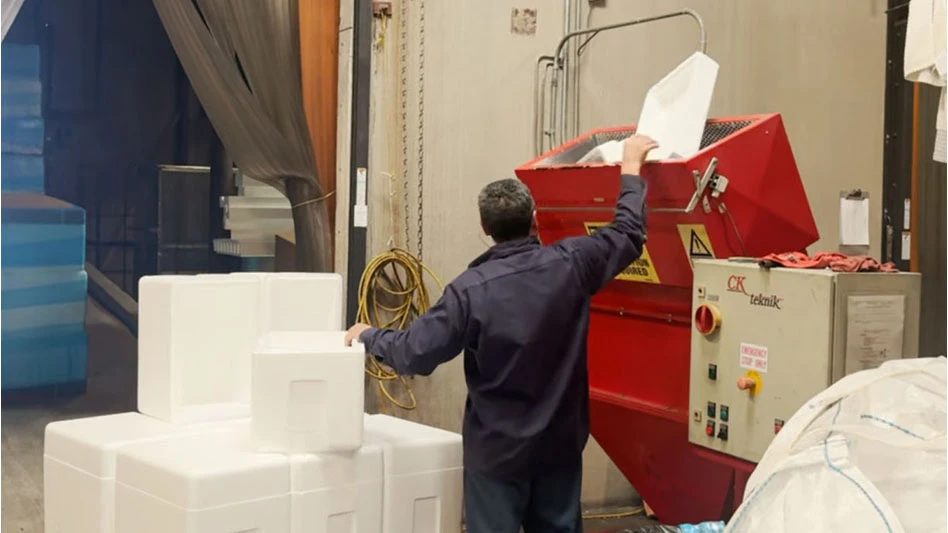
© nadezhda soboleva | stock.adobe.com
An audit completed earlier this month shows the city of Atlanta’s recycling program is improving, but auditors recommend a targeted strategy for waste diversion to improve recycling participation.
Overall, the audit results show Atlanta recycles about 23 percent of disposed material, but participation varies by service area.
“The city aims to divert waste but has not defined a specific waste diversion goal, which could improve the effectiveness of the program,” a summary of the audit results says.
Results also reveal that recycling tonnage in the department’s tracking system was “inaccurate,” and invoices reportedly were not reconciled to tonnage records, leading to overpayments.
One of the major findings was that the city’s public works department has reportedly not enforced a multifamily recycling ordinance requiring property owners of multifamily dwellings to provide recycling services for tenants, including space for recycling containers in construction plans, and report recycling tonnage to the city annually.
According to the audit, about 50 percent of the city’s occupied dwellings are multifamily residences.
“As more landfills are being closed and the state and city run out of disposal locations, recycling should be convenient for multifamily residents,” the audit says. “If the ordinance for multifamily residence property owners is not enforced, about half of the city’s residences may not have access to recycling services, sending more waste to the landfill.”
The report says neither the Department of Public Works nor the Mayor’s Office of Sustainability and Resilience is monitoring property owners’ recycling tonnage reports. According to the audit, the portal to report tonnage is linked to an unmonitored mailbox, resulting in “an ineffective process” and leaving the city without accurate insights into multifamily recycling.
Auditors recommend the public works department develop an enforcement plan for the multifamily ordinance that includes at minimum: assignment of portal monitoring to a group, confirmation of receipt of report from the portal, periodic inspections or documentation of a contract with a vendor to ensure residents have access to recycling and consideration of any needed changes to the ordinance.
Overall, the auditors urge the city to develop written policies and procedures for recording tonnage data, develop a quality control process to ensure data is accurate and develop a reconciliation process to ensure invoices match tonnage data.
It also urges officials to design a recycling educational program to target service areas with lower recycling participation rates, set a “realistic waste diversion goal” for curbside collection services and study the feasibility of offering single-stream recycling that includes glass.
The full report can be found here.Latest from Recycling Today
- Cascades sells corrugating plant to Crown Paper
- You have production scrap, WEIMA machinery processes it where it’s made
- CP Group, Cisek Inspections forge innovative X‑ray recycling alliance
- Regroup, CP Group unite for cutting-edge Halifax MRF
- Modern MRFs: AI, automation and safety, redefining recycling operations
- CalRecycle opens comment period on proposed SB 54 revisions
- 2026 Circular Steel Summit: Taking stock of tariffs
- CDRA Conference & Tradeshow 2026: Addressing battery fire risks





